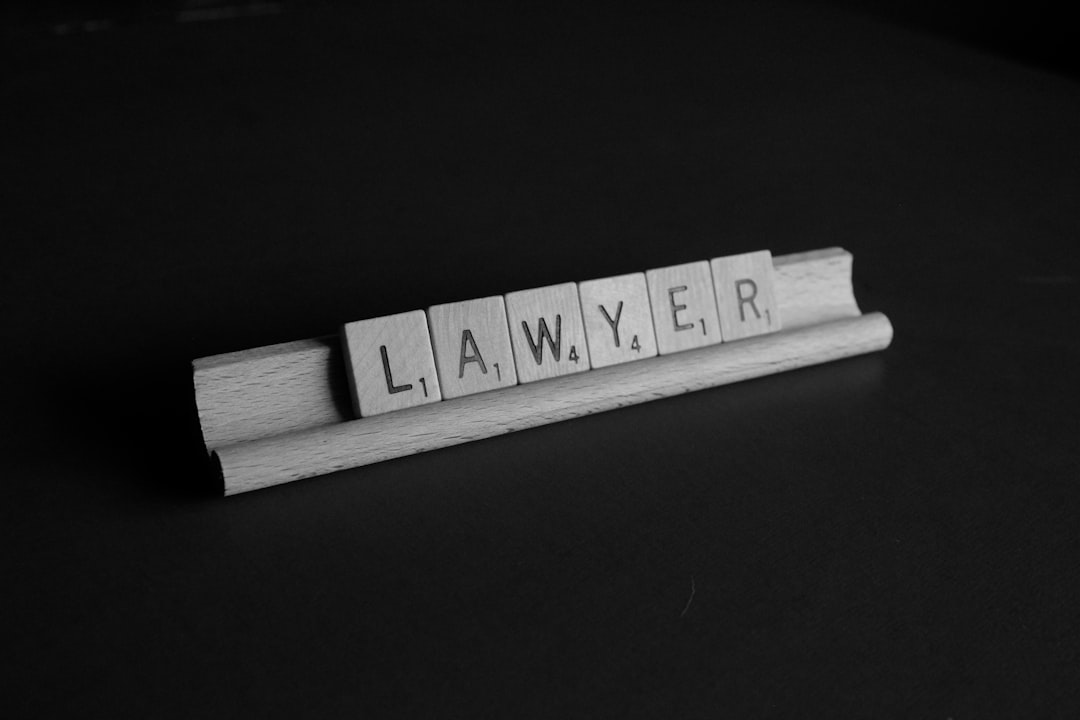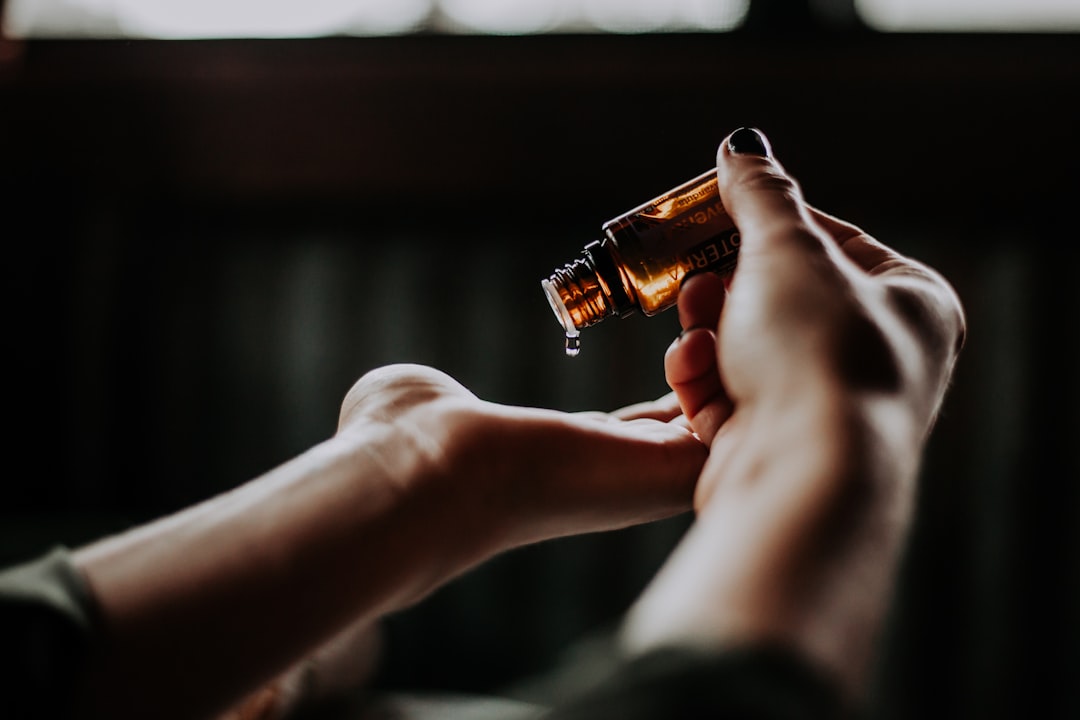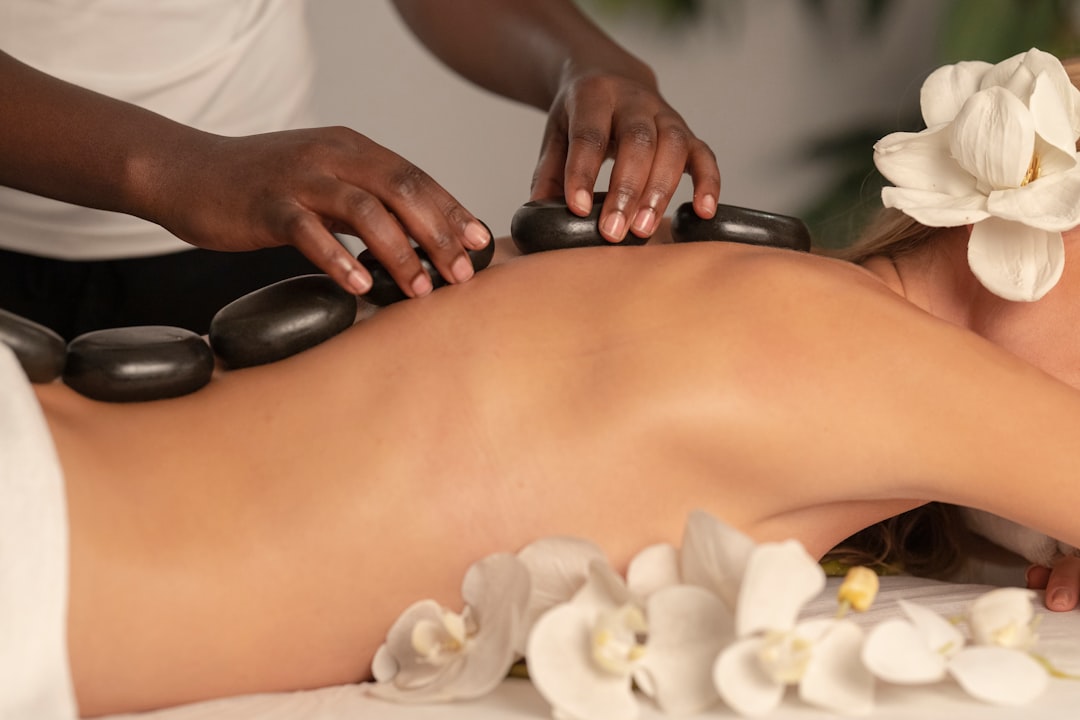In Oregon, massage therapists require a license from the Oregon Health Authority (OHA) that involves approved training, exams, and adherence to OHA standards. The state has protocols for addressing massage abuse, including handling complaints and disciplinary actions. Consumers can file complaints against businesses or therapists for unfair practices or physical harm, with the Oregon Department of Consumer and Business Services (DCBS) handling these. Consulting a massage abuse lawyer Oregon is vital for legal guidance, understanding rights, and pursuing action against negligent therapists, protecting both clients and practitioners from false accusations under strict state regulations.
In Oregon, the legal framework surrounding massage therapy is a complex web of licensing, regulation, consumer protection, and specific implications for abuse allegations. This comprehensive guide delves into the crucial aspects that both massage practitioners and consumers should understand. From obtaining proper licenses to navigating consumer complaints and addressing massage abuse allegations, this article provides essential insights for those operating or seeking services within Oregon’s massage therapy industry. For legal advice tailored to these issues, consult a massage abuse lawyer in Oregon.
Licensing and Regulation of Massage Therapists in Oregon

In Oregon, massage therapists are required to obtain a license from the Oregon Health Authority (OHA) to practice legally. This licensing process involves completing an approved massage therapy training program, passing a state-approved exam, and meeting other specific criteria. The OHA sets standards for education, ethics, and safety, ensuring that licensed massage therapists adhere to best practices and maintain high professional standards.
Regulations surrounding massage therapy in Oregon also include provisions for addressing massage abuse. The state has established protocols for handling complaints against massage therapists, including investigation and disciplinary actions. If you have experienced massage abuse or unethical practices, consulting with a qualified massage abuse lawyer Oregon can provide guidance on your legal options and help ensure justice.
Consumer Protection Laws and Massage Therapy Complaints

In Oregon, consumer protection laws play a crucial role in safeguarding individuals from potential massage therapy abuse. These laws are designed to ensure that businesses, including massage therapists and spas, operate ethically and transparently. Consumers have the right to file complaints if they believe they have been subjected to unfair practices, misrepresentations, or even physical harm during a massage session. The Oregon Department of Consumer and Business Services (DCBS) serves as a primary resource for handling such complaints, offering a platform for consumers to voice their concerns and seek resolution.
When a consumer protection law is violated, individuals may consider consulting a massage abuse lawyer in Oregon for legal guidance. These attorneys specialize in navigating the complex regulatory environment surrounding wellness practices, including massage therapy. They can help victims understand their rights, file formal complaints, and potentially pursue legal action against negligent or abusive therapists. This ensures that not only are consumers protected but also that massage therapists adhere to established standards of care, fostering a safer and more trustworthy industry.
Legal Implications for Massage Businesses and Practitioners in Oregon regarding Abuse Allegations

In Oregon, the legal framework governing massage therapy includes strict regulations to protect clients from abuse and misuse by practitioners. Any allegations of abuse or misconduct can have significant legal implications for massage businesses and practitioners. If a client makes an accusation of sexual harassment, assault, or any form of inappropriate behavior during a massage session, it’s crucial for both parties to understand their rights and the potential consequences. Oregon law mandates that licensed massage therapists adhere to ethical standards and professional conduct guidelines, which can help protect them from false accusations.
However, businesses and practitioners must remain vigilant in addressing such allegations promptly and appropriately. Consulting with a massage abuse lawyer in Oregon is often advisable, as these legal professionals can guide both parties through the process, ensuring compliance with state laws and regulations. The reputation and survival of a massage business could hinge on how effectively it navigates this sensitive issue, especially given the potential impact on future clientele and public perception.






